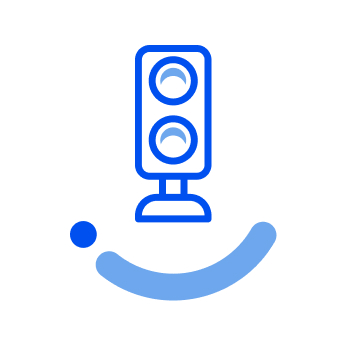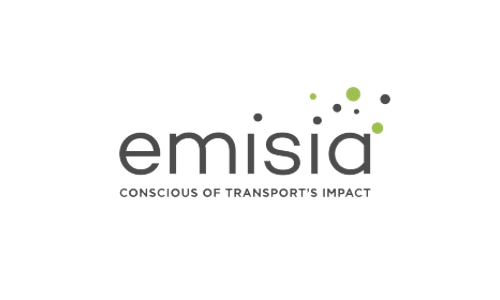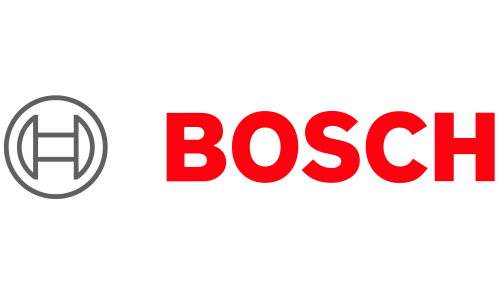
BOSCH employs smart sensors to collect data that enable Environmental Sensitive Traffic Management following a close loop approach. This use case offers the opportunity to prove the benefits of smart sensing by combining the merits of smart sensing with a platform for secure and trustworthy data management. A smart sensor interprets, manages, processes, combines and fuses different single sensor signals and therefore leads to more accurate, interpretable data to choose and evaluate specific measures to reduce noise and air pollution from traffic.
Technologies used
MobiSpaces delivers an end-to-end mobility-aware and mobility optimised Data Governance Platform. It is surrounded by a Green & Environmental Dimensioning Workbench for the monitoring and advising of the processing behaviour, making suren guidelines and legislations are complied with towards minimising the environmental footprint. MobiSpaces envisions a set of toolboxes, suites, and tools that implement the MobiSpaces concept in its use case, see them showcased below.

Decentralized Data Management

Online Data Aggregator

XAI Prediction Modelling

Edge-driven Federated Learning
What will MobiSpaces improve?
Performance in re-scheduling the service to peak period will be improved in the following Key Performance Indicators:
10 %
thorough traffic management system and air quality dispersion calculation through accurate input values (target: 10% emission reduction, baseline: locally measured data
identification of A/Q hotspots (target: increase in recorded hotspots by means of A/Q monitoring using sensors, baseline: currently monitored and recorded data)
more effective incorporation of environmental aspects by strategic traffic planners (target: use of A/Q data for traffic decision-making)


